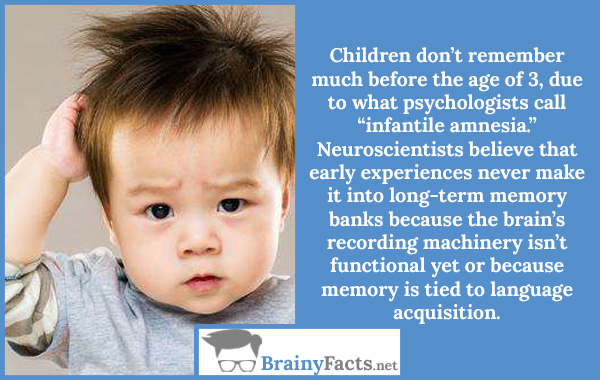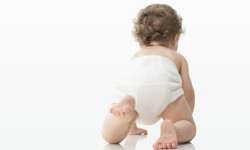

Childhood amnesia affects an adult’s ability to recall certain memories typically memories formed between the age of two years to four years. This paper will elaborate on the various aspects of childhood amnesia using the current state of research on the issue.Ĭhildhood amnesia may suggest that this form of amnesia afflicts children yet the opposite is true. One such typical form of amnesia is childhood amnesia (or infantile amnesia). While these episodes of amnesia continue for some time other forms of amnesia such as transient global amnesia occurs in spontaneous episodes.

The various functional causes of amnesia could be psychological factors and psychoanalytic triggers such as various kinds of defense mechanisms. And most or all of those events that previously were talked about, that caused laughter or tears, are no longer accessible if they occurred in our preschool years.Amnesia can be attributed to any cause that interferes with the regular operation of the limbic system and hence causes a loss of memory or amnesia. "So our 'psychological childhood' begins much later than our real childhood. "As we lose those memories of those early years, years that we previously could recall, we're losing part of our childhood - in essence, we're losing all or almost all of those events that occurred to us then," notes Peterson. "But older children became more consistent in their memories as they grew older." "Younger children's earliest memories seemed to change, with memories from younger ages being replaced by memories from older ages," according to Carole Peterson, professor of psychology at Memorial University of Newfoundland in Canada, who led the study. In contrast, a third of the 10- to 13-year-olds described the same memory as their very earliest when asked two years apart, and more than half of all the memories they provided were the same at both interviews. Parents confirmed that the events happened and provided their own estimates of how old their children were at the time of the memories.Ĭhildren who were between 4 and 7 at the first interview showed very little overlap between the memories they recalled the first time and those they remembered two years later, suggesting that very early memories of young children are fragile and vulnerable to forgetting.

The children were also asked to estimate how old they were at the time of each memory. Two years later, they asked the children again about their earliest memories. In the longitudinal study, researchers asked 140 children ages 4 to 13 to describe their three earliest memories. The study was conducted by researchers at Memorial University of Newfoundland and appears in the journal Child Development. But children also experience infantile amnesia - and a new study out of Canada explores their experiences. The inability of individuals to remember the very earliest years of their lives, called infantile amnesia, has been studied for many years in adults, who seem to recall very little before ages 3 or 4.


 0 kommentar(er)
0 kommentar(er)
